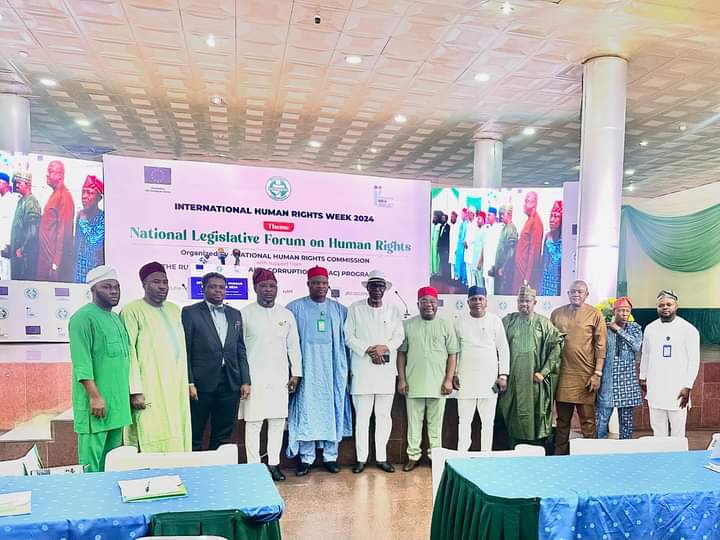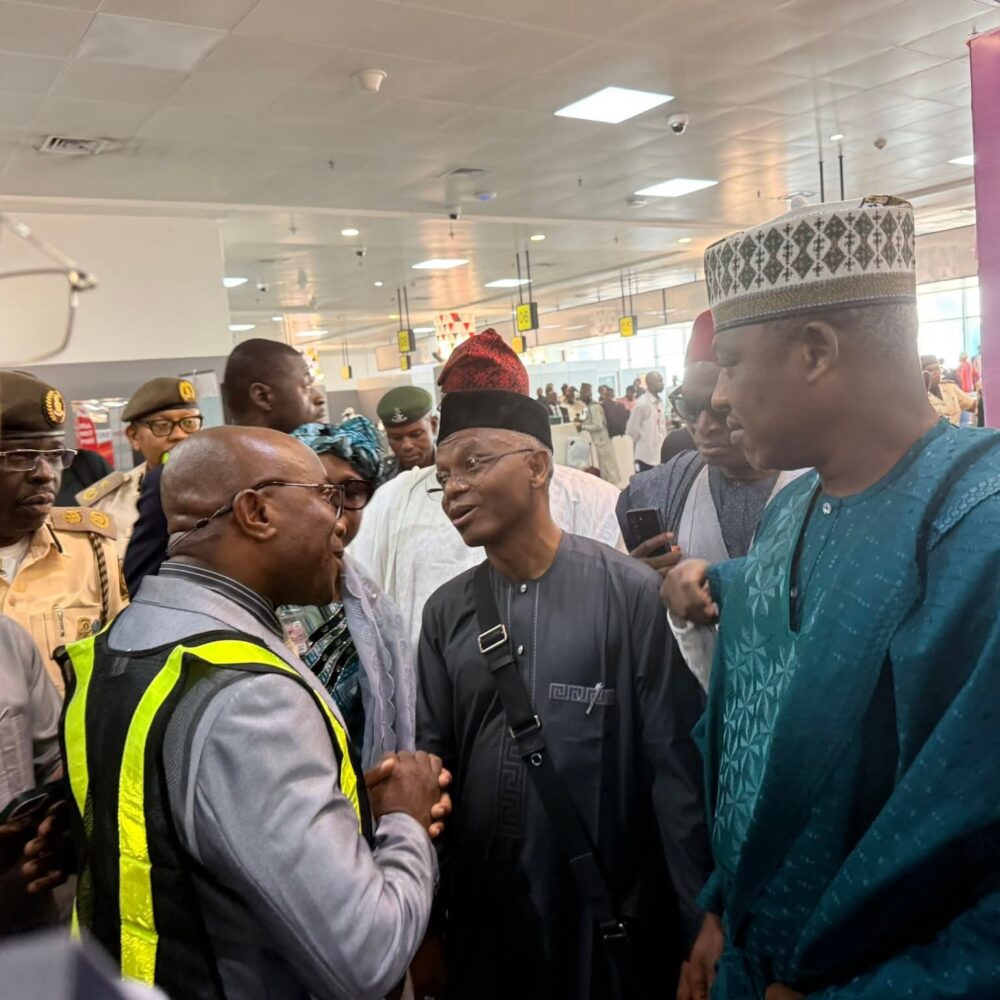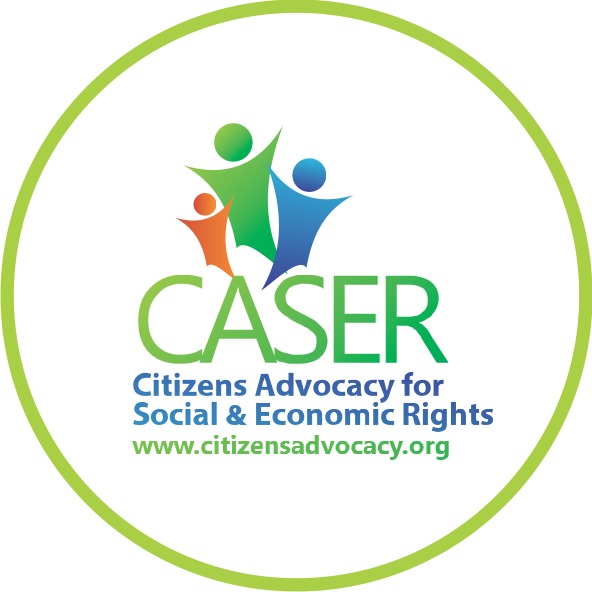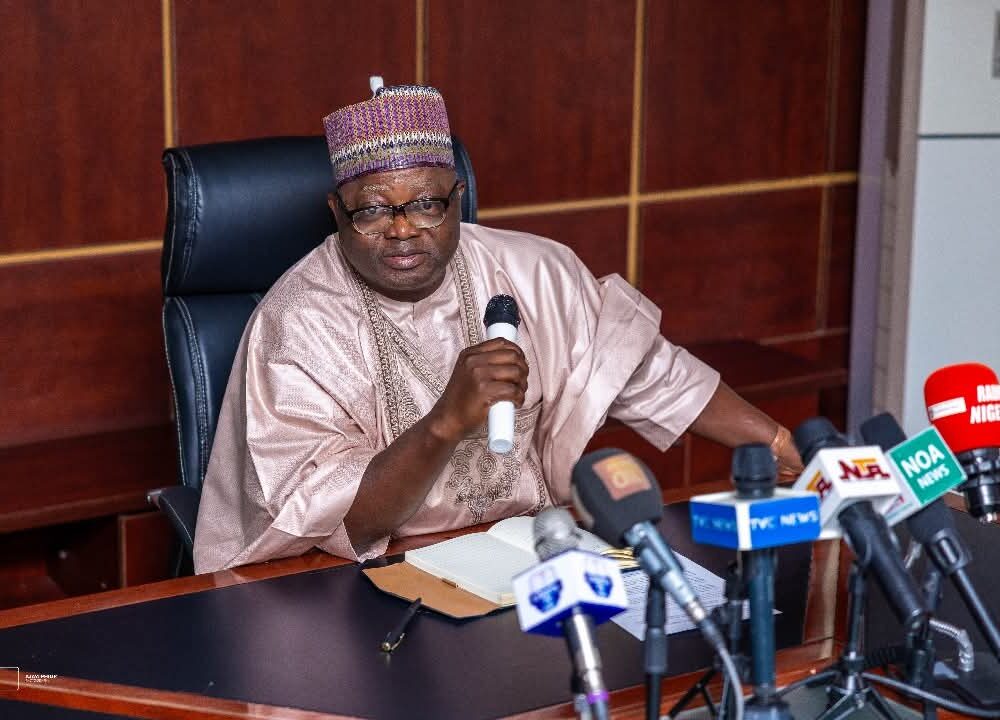The Speaker of Federal House of Representatives,Rt Hon Tajudeen Abbas said National Assembly has consistently demonstrated its commitment to advancing human rights through legislative action and He said significant achievement has been the sustained efforts to place the National Human Rights Commission (NHRC) on the first-line charge of the Consolidated Revenue Fund.
The Speaker stated this while declaring open Legislative Forum On Human Rights convened by the National Human Rights Commission (NHRC), as part of the weeklong activities commemorating the 2024 International Human Rights Day on Tuesday, 3rd December 2024,in Abuja
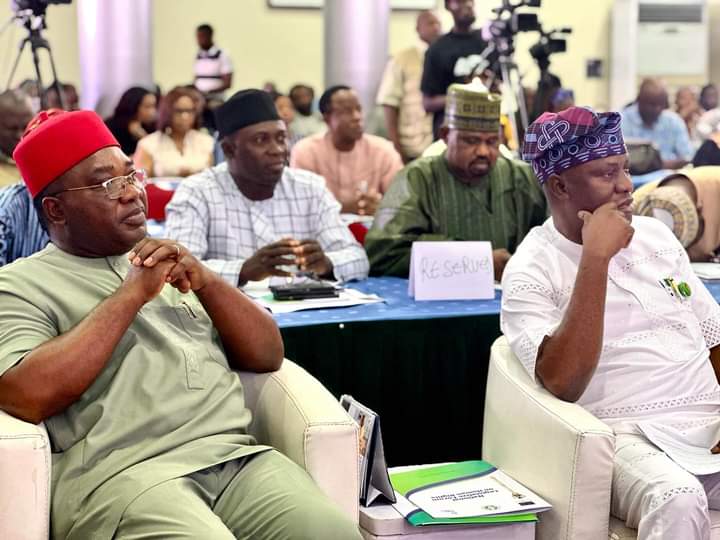
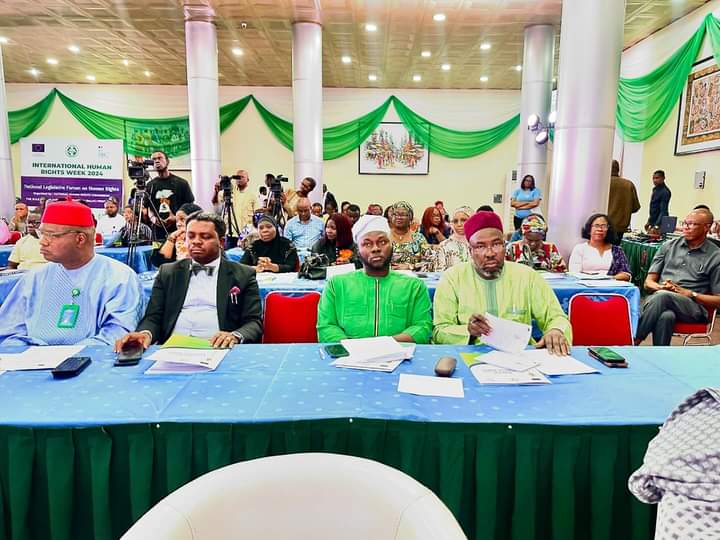
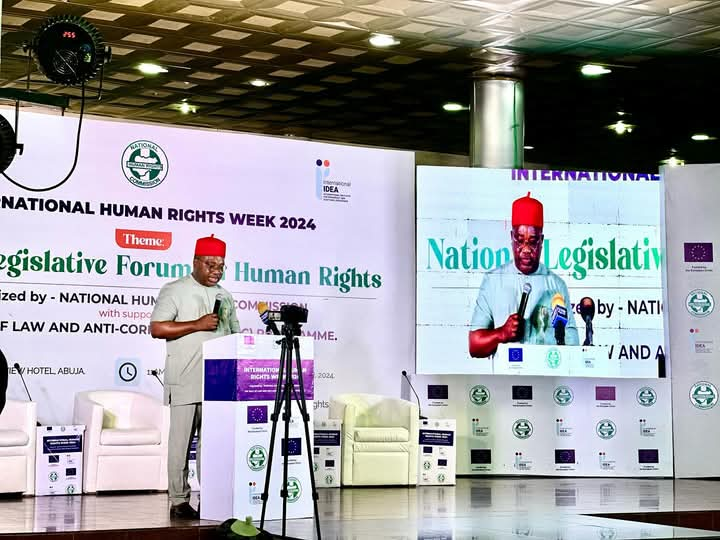
Speaker Tajudeen Abbas who was represented at the event by the Majority Leader of the House,Prof Julius Ihonbvere said National Assembly will ensure that the Commission’s financial and operational autonomy,is achieved to enable it to fulfil its mandate more effectively.
In his words “This year’s event reminds us of the historic moment on 10th December 1948, when the United Nations General Assembly adopted the Universal Declaration of Human Rights, a milestone document affirming the equal and inalienable rights of all individuals.
“The theme for this year’s celebration, “Our Rights, Our Future, Right Now,” is both timely and compelling. It serves as a clarion call for immediate and sustained action to advance human rights in Nigeria and underscores the critical role of rights in shaping a secure and prosperous future for all citizens. This theme challenges us to move beyond aspirations and commit to practical steps that translate the promise of rights into tangible improvements in the lives of Nigerians.
“As we reflect on this theme, it is essential to acknowledge the strides we have made in advancing human rights while confronting the challenges that persist. Nigeria’s constitutional guarantees and international commitments establish a strong framework for protecting the dignity and freedoms of all citizens. However, translating these commitments into reality requires addressing issues such as gender-based violence, police accountability, discrimination, and threats to freedom of expression.
“These challenges, exacerbated by insecurity, systemic poverty, and weak enforcement mechanisms, present opportunities for growth and reform. We must strengthen our institutions, enhance enforcement capabilities, and foster trust between the government and the people. By doing so, we can build a nation where human rights are respected and protected as the bedrock of our democracy.
Insecurity remains a significant obstacle to human rights in Nigeria. From insurgency and banditry to the marginalisation of vulnerable groups in conflict zones, the impact on individuals and communities is profound. Addressing these issues requires holistic legislative and institutional responses that prioritise accountability, justice, and the welfare of the most affected.
“Parliament is the cornerstone of democracy and a critical actor in the promotion and protection of human rights. Through our legislative, oversight, and representative roles, we ensure that the laws we pass uphold fundamental freedoms and that institutions tasked with safeguarding these freedoms are effective and accountable.
“The National Human Rights Commission, established in line with a United Nations resolution, has been a vital partner in this regard. Over the past three decades, the Commission has made commendable progress in addressing rights violations and promoting the dignity of Nigerians. However, significant challenges remain, including funding and infrastructural constraints that limit its operational capacity.
“By securing its independence, we are empowering the NHRC to address human rights violations with the responsiveness and integrity Nigerians expect.
“The 9th Assembly also laid an important foundation for the promotion of human rights through the enactment of the Police Act 2020. This landmark legislation requires the Nigerian Police Force to uphold and protect fundamental rights as enshrined in our Constitution, the African Charter on Human and Peoples’ Rights, and other international instruments. Among its key provisions, the Act mandates that every police division have a qualified legal practitioner to ensure compliance with human rights standards. This measure underscores our collective resolve to embed respect for human rights into the operational framework of law enforcement agencies.
“Building on these achievements, the 10th House of Representatives is working to further institutionalise accountability within the security sector. A notable effort is the consideration of amendments to the Armed Forces Act to establish a Human Rights Ombudsman. This initiative seeks to create a structured mechanism for addressing human rights violations within the military, ensuring that justice and accountability remain central to the operations of our armed forces.
Through the work of its committees, particularly the House Committee on Human Rights and the Public Petitions Committee, the National Assembly continues to address pressing human rights concerns. These committees provide platforms for redress and oversight, ensuring that citizens have accessible mechanisms to seek justice when their rights are infringed. For example, the Public Petitions Committee is currently deliberating on over 70 cases of alleged human rights violations, highlighting its critical role in upholding accountability and justice.
“The NHRC remains at the forefront of human rights advocacy in Nigeria. However, its effectiveness is hindered by resource limitations, including the need for independently owned state offices, expanded headquarters facilities, and operational vehicles across all states and the FCT. The National Assembly is committed to providing the necessary support to ensure that the Commission can meet the growing expectations of Nigerians.
“Education is a powerful tool for fostering a culture of respect for dignity and equality. We must integrate human rights education into school curricula and public enlightenment campaigns to equip citizens with an understanding of their rights and responsibilities. This will not only empower individuals but also foster empathy, civic responsibility, and social cohesion.
Such initiatives are critical for rebuilding trust between citizens and the government. When institutions are strong, and citizens are well-informed, the prevalence of human rights abuses diminishes, creating a stable and harmonious society.
As representatives of the people, the National Assembly remains steadfast in its commitment to advancing human rights through collaboration with other arms of government, civil society, and international partners. We will continue to ensure that our laws and policies reflect the highest standards and address the pressing human rights challenges of our time.
The House Speaker charged Nigerians to recommit themselves to the collective endeavour of building a Nigeria where every citizen lives with dignity, free from fear and oppression.
” The pursuit of human rights is not just a legal or institutional obligation but a moral imperative that defines who we are as a nation” he added.
In his welcome address,the NHRC Executive Secretary,Dr.Tony Ojukwu urged stakeholders to join the commission in its quest to uphold rights of every citizens in Nigeria.He commended members of the National Assembly, civil society groups and the media for the unalloyed support to the commission.
Also in his goodwill message,the Chairman, House Committee on Human Rights,Hon Dr.Abiola P.Makinde, who was represented by his Deputy,Hon.Mudashir Lukman assured that House of Representatives will work towards increasing the budget allocation for the commission in the 2025 Budget.
The Chairman, Senate Committee on Judiciary,Human Rights, and Legal Matters,Senator Adeniyi Adegbomire said the Nigeria Senate and National Assembly will work on legislation,make necessary amendments to ensure that NHRC live to the expectation of Nigerians.He therefore assured that 2025 budget wlll cater for financial challenges being faced by the commission.
There were goodwill messages from other members of the 10th National Assembly, State legislators, NHRC partners and civil society groups.
National Legislative Forum serves as a platform to bridge the gap between legislators, civil society, and human rights defenders. It aimed to foster dialogue, collaboration, and actionable strategies to promote and protect fundamental human rights in Nigeria.


